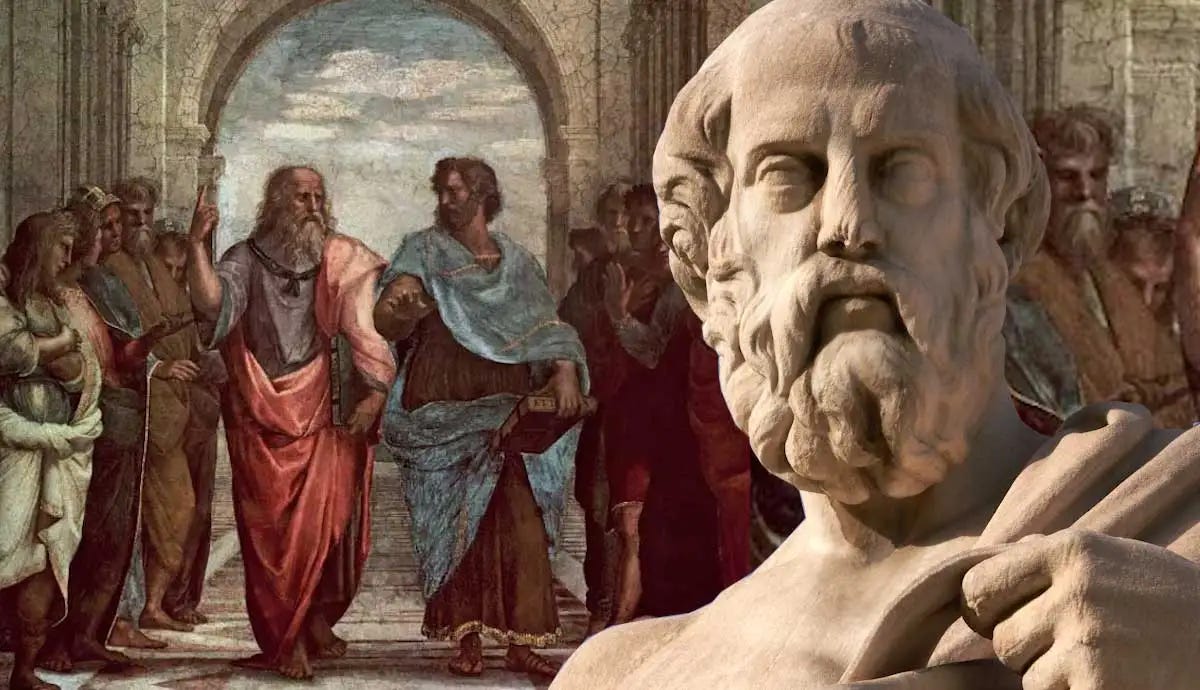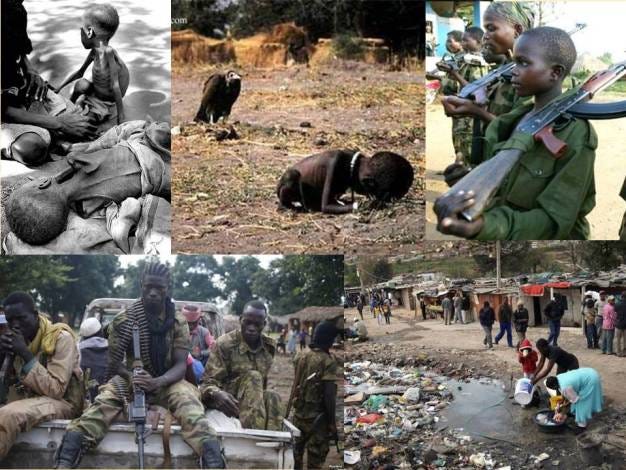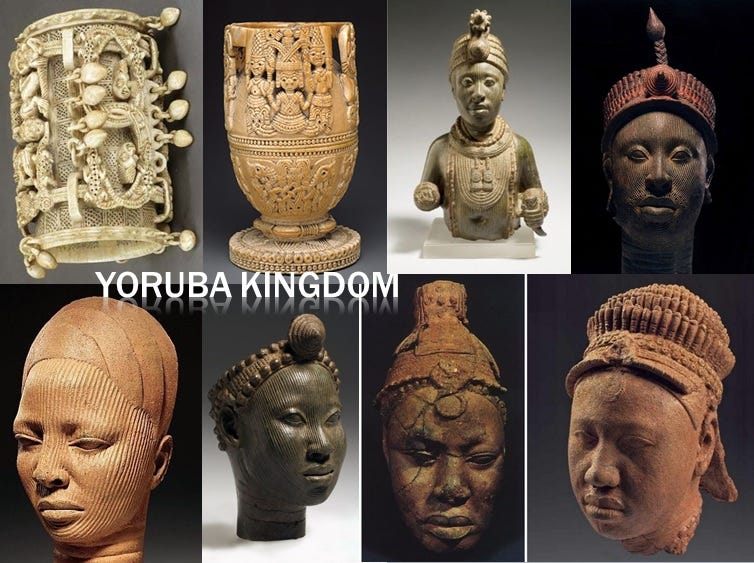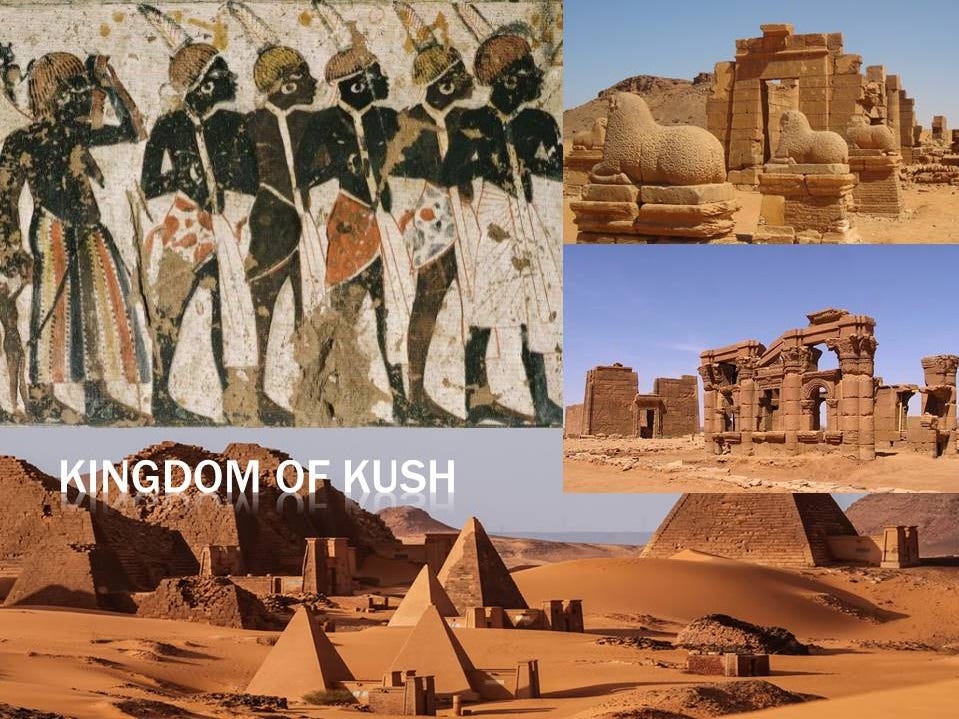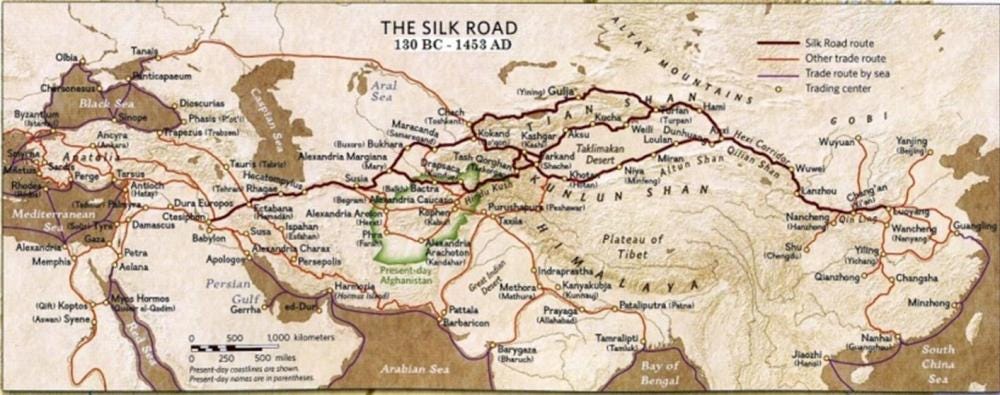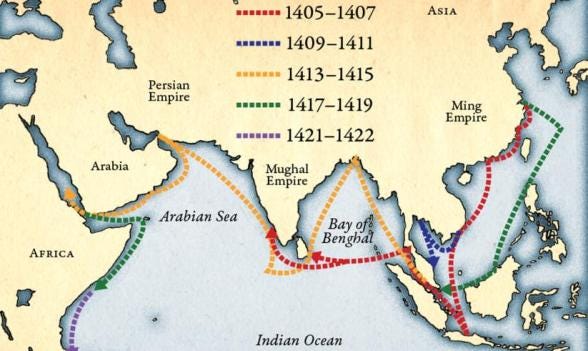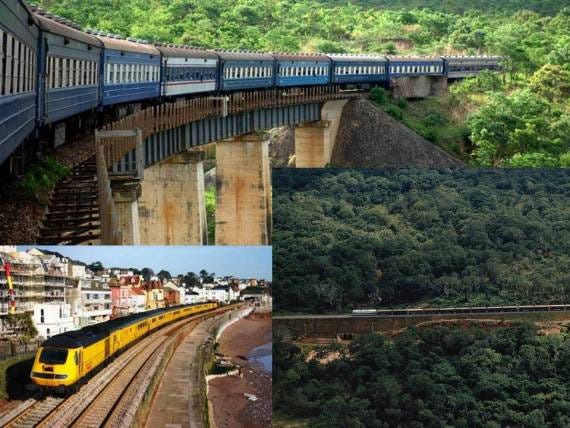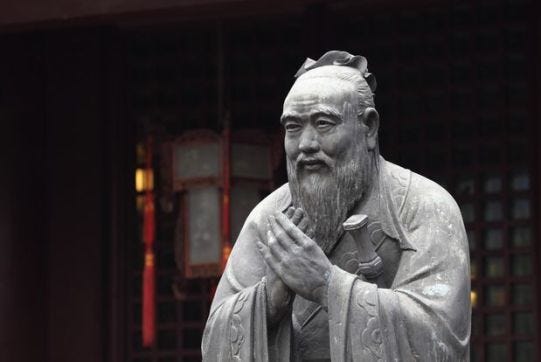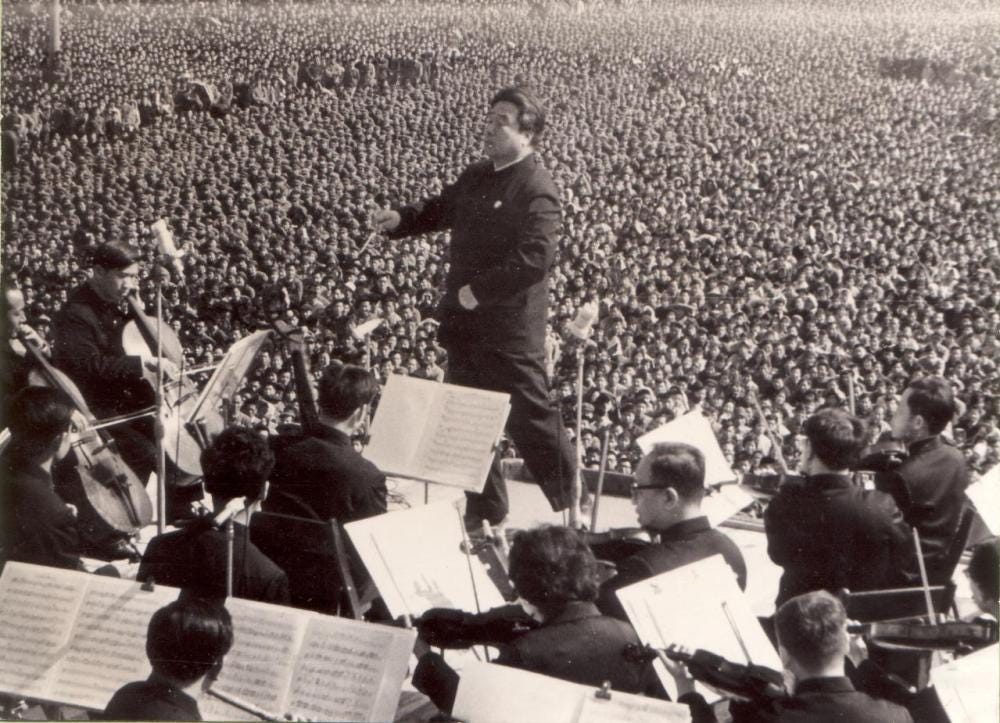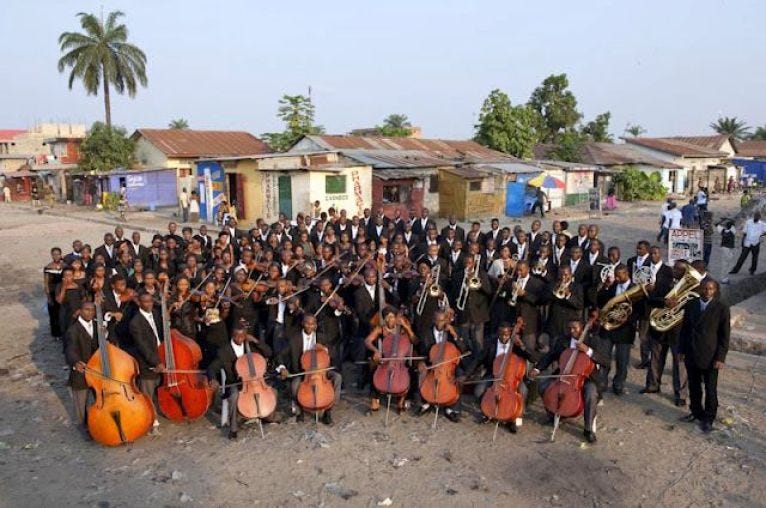What is the structure of mental action that is associated with authentic knowledge and how is it different from those mental activities that generate mere opinion wearing the costume of ‘knowledge’ albeit with none of the substance? On Wednesday January 31 at 8pm eastern time, join me for a deep dive into the mind of Plato as the Rising Tide Foundation weekly study group begins the first of a series of readings of Plato’s famous dialogue ‘The Sophist’. The Sophist happens to be the second part of a trilogy of dialogues written by Plato in 369 BC - with the first being the Theatetus and the third being the Statesman. Although it would obviously benefit you to have read these already, it is not at all necessary as each can be appreciated as a standalone as well. To access the previous 5-part workshop on the Theatetus led by Dr. Quan Le, click here, and to access the 3-part Truth About Plato workshop, click here. To access the live readings of the Sophist (using the translation of Leslie Vaughan which can be downloaded here), click on the zoom link below:... Subscribe to Rising Tide Foundation to read the rest.Become a paying subscriber of Rising Tide Foundation to get access to this post and other subscriber-only content. A subscription gets you:
|
Wednesday, January 31, 2024
RTF Invite to Group Reading of Plato's 'The Sophist': Wed. Jan 31 at 8pm ET
Tuesday, January 30, 2024
The Power of Classical Culture in Shaping the Future: The New Silk Road and an African Renaissance
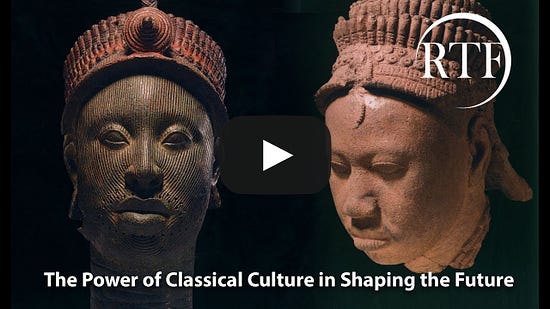 By Cynthia ChungMany here in the West remain uncertain as to what the New Silk Road represents or may be outright cynical about the whole thing. The truth of the matter is that we are situated in a moment in history where we are at the brink of entering a new paradigm. This is a paradigm in which we no longer base our interactions with other countries on the basis of zero-sum growth policies, that is, the belief that there are limited resources and therefore for one country to benefit another must suffer a loss. Rather, the basis for interaction between nations is that of a win-win cooperation, where both sides can benefit from the other’s gain. So what does classical culture have to do with providing solutions to what are often narrowly defined as strictly economic or political problems? Let us be honest with ourselves for a moment and think of what first come to our minds when we think of Africa today. Does it include many of these sorts of images? Is it not the truth that the dominating impression of Africa today is that of a hopeless ongoing condition of war, famine, disease and poverty? Many have come to the conclusion that there is not much that can be done for Africa at this point. The best we can do is offer aid but to change its direction entirely seems an impossibility. The intention of our conference today is to address that dominating impression. True there are many problems prevalent there today, but this is not the true identity of Africa, this level of war and despair was never supposed to be, and if we can come to understand why this is true we are then free to see the real future of Africa, its real potential which will not only come to uplift hundreds of millions of African lives but will come to uplift the world. Therefore to answer the question “What is the Real Destiny of Africa” we have to first look at what Africa was in its past. It would be difficult to find someone who is not aware of the impressive civilization of Ancient Egypt. But how many of the other great civilizations in Africa are most people aware of? Also we should ask ourselves, why was Ancient Egypt so impressive? Was it because they had a massive army? Was it because they had the largest territory? Was it because they had the greatest physical dominance over the world? In fact they held none of these. It is rather that they had produced some of the greatest works in science, architecture and art. Ancient Egypt existed for over 3000 years and was one of the most advanced science centers of the world during its time. Therefore how do we measure which civilizations were great in the past which we could then use as the standard to judge the present and the future? The things that tend to stand out the most to us are how big were these cities able to become, how many people they were able to sustain, what scientific discoveries occurred that increased the standard of living of its people and is it not fair to say what were its accomplishments in art? Why do you think this is the case? What causes us to be moved by art? What role does art have to play in measuring the greatness of a civilization? The Kingdoms of Yoruba and KushLet us move on to a lesser known example, the Yoruba Kingdom. It is known as far back as the 8th century that a powerful Yoruba kingdom existed. The Yoruba people have been amongst the most urbanized people in Africa. For centuries before the arrival of British colonialism, most Yorubans already lived in well-structured urban centres organized around powerful city-states. In ancient times, most of these cities were fortresses, with high walls and gates. Yoruba cities (which are now regions in Benin and Nigeria) have always been among the most populous in Africa. Archaeological findings indicate that Katunga, the capital of the Yoruba (during the empire of Oyo between the 12th to 18th century) had a population of over 100,000 people, the largest single population of any African settlement at that time in history. Today, Lagos (in Nigeria) another major Yoruba city, has a population of over 18 million, and remains the largest city of the African continent. Not much remains of what the ancient cities looked like of the Yoruban people. But what has remained are their works of art. In the period around 1300 AD a sculptural tradition was developed in terracotta, stone and copper alloy. It is undeniable that to be able to create such detail not only requires a skill in advanced tool making and a great skill in sculpting but also an ability to encapsulate the spirit of nobility and dignity, meaning that the artist themselves must have an understanding of the nature of such things. That such works of art are associated with the most populous region of Africa during the common era should cause us to readjust how we look at Sub-Saharan Africa. Yoruban cities were not only the most populated but based on all evidence were very advanced in their city planning and flourished in the sciences and arts. Another example is the Kingdom of Kush. Many critics would say that what the Kush people developed in their arts and sciences were wholly due to the influence of the Egyptians. I disagree with this over-simplification. Not much is known about the Kush people until the military campaigns by Egypt in 21st century BC started. However, we can assume that the Kush people’s resistance was quite extraordinary, since the next military campaigns conducted by the Egyptians only resumed in the 16th century BC, at this point Nubia (the Kush state) was annexed by Egypt (1504 BC). Rebellion continued for another 220 years by the Kush people despite this. During the New Kingdom era of Egypt, Nubia, despite holding tight to their own identity against the Egyptian occupation, became a key province economically, politically and spiritually. By 744 BC Egypt had become weak enough internally to be taken over by a Kush rebellion. The 25th dynasty of Egypt was held by Kush Pharaohs until its end in 656 BC (lost to the Assyrian Empire which tried to create a 26th dynasty but failed completely). It was during the 25th dynasty that the Nile valley saw the first widespread construction of pyramids (many in what is now Sudan) since the Middle Kingdom. The Kush people continued to exist as a city state until the 4th century AD. There are other African civilizations to note such as Ancient Carthage, the Land Of Punt, the Empire of Mali and the Empire of Songhai amongst others. Do these cultures and civilizations seem like something that was leading towards what Africa has largely become today? Which depiction is the true Africa? That is the Africa that should be and that should have become? To get us thinking on how to respond to that question let us look into a present day African example of something completely different from what most people think they know, the Kinshasa Symphony. Classical music has been wrongly classified as “white man’s music”. This could not be further from the truth. Classical music is “classical” because it is a universal art form, in other words it does not belong to one group of people, culture, country or time period. Rather it transcends time. It is thus universal because it can at once speak to the soul of an individual, no matter where they come from, no matter what language they speak, no matter what their experience has been thus far. Classical music therefore does not belong to just white Europe, it belongs to the world. I will go through another example later on as to why this is the case. So which identity will ultimately shape the fate of Africa? What is further needed for this vision to succeed? Let us not naively ignore the fact that Africa has been reduced to extreme poverty due to the interference of colonialism. Not just the colonialism of the late 19th and early 20th centuries which is largely acknowledged today. But the continual colonisation of Africa through policies and shark loans governed by the IMF and World Bank. After over 175 years of ongoing imperial rule even if these policies were to be lifted tomorrow it would take Africa a very very long time to catch up with the rest of the world having been prevented from forming a functional infrastructure base. This is where the importance of the New Silk Road comes in. The Silk Road and Admiral Zheng He’s Incredible VoyagesBefore I go further in explaining what the cultural implications are to the New Silk Road, I think it necessary to discuss first what was the Ancient Silk Road. The Ancient Silk Road was extremely important since it was the first time ever that the European, Asian and North Eastern African worlds were connected. Although there were trade routes that pre-exist this, most notably under the Persian Empire, it was really only when China became open to trade that it earned its name and its significance. Before the Ancient Silk Roads, China was primarily an introverted economy, that is, it produced almost everything for itself and was closed off to trade with foreign countries. The Chinese Empire had a great distrust of anything foreign to its own culture and way of life. However, during the rule of the Han dynasty, under Emperor Wu (156-87 BC), trade became officially open between the East and West in 130 BC. It continued until 1453 AD when it was closed. People would travel with camels across these routes and engage in trade, entering regions that they had never seen before, interacting with people that they knew nothing of beforehand. It was a very rich period of exchanging knowledge and an openness to learn from other cultures. The Silk Road routes stretched from China through India, Asia Minor, up throughout Mesopotamia, to Egypt, Northern Africa, Greece, Rome, and Britain. In the early 1400s, Zheng He, Admiral of the Chinese navy, led the largest ships in the world on seven voyages of exploration to the lands around the Indian Ocean, demonstrating Chinese excellence at shipbuilding and navigation. In Zheng He’s 7 journeys, the Chinese fleet travelled over 4 times the circumference of the earth within 28 years. Such an achievement is equivalent to going around the world every 7 years 4 times in a row. That would be a major accomplishment even for today’s standards. This is historically interesting not only because of the knowledge they needed to have built such large ships that lasted these voyages and the ability to navigate them through an un-mapped terrain, but also remarkably that there was no intention to colonise any of these regions and inhabitants they came across on these voyages but was rather focused on trading gifts and knowledge. A Leap to the Modern EraThe TAZARA rail line is a more modern example of Chinese good faith towards Africa. The governments of Tanzania, Zambia and China built the railway to eliminate landlocked Zambia’s economic dependence on Rhodesia (now Zimbabwe) and South Africa, both of which were ruled by white-minority governments. The railway provided the only route for bulk trade from Zambia’s Copperbelt to reach the sea without having to transit white-ruled territories. The spirit of Pan-African socialism among the leaders of Tanzania and Zambia and the symbolism of China’s support for newly independent African countries gave rise to TAZARA’s designation as the “Great Uhuru Railway”, Uhuru being the Swahili word for Freedom. The project was built from 1970 to 1975, financed and supported by China. At the time of its completion, two years ahead of schedule, the TAZARA was the single longest railway in sub-Saharan Africa and was the largest single foreign-aid project undertaken by China at the time, at an initial construction cost of US $500 million (the equivalent of US $3.08 billion today). In order to keep the railway running, China decided to waive 50% of its loan-free construction debt in 2011. The Chinese also very much understand the importance of classical culture, especially that of classical music and the necessity for cultural exchange in order to ensure long term peace. Western classical music by the 19th century quickly gained popularity and prestige as a symbol of the Western “culture of scientific progress and modernization.” The rigors of classical training fit the Confucian value of self-cultivation through self-discipline. Confucius believed that the study of music was “an indispensable way to train the mind,” and considered it more important than mathematics and writing. The great sage said that “one is roused by Songs [poetry], and perfected by Music.” Confucianism and classical music both came under attack during China’s unfortunate Cultural Revolution (1966–76). During this period, European music was portrayed as a bourgeois invention used for counter-revolutionary ends. However, by the 1980s, China began to re-embrace Confucianism and it was then that classical music was also allowed to return. By the early 1990s, the Chinese government was deliberately encouraging the study of music through its education policy recognising its importance in developing young minds. Since the removal of the ban on classical music, classical music has quickly grown in China such that many of the top music schools in the world are now being filled with a majority of Chinese student musicians, and western music professors cannot help but be amazed at the level of passion and discipline the Chinese have toward classical music. Li Delun is the father of classical music in China. In 1946 he took an assortment of donated musical instruments to the city of Yan’an and became the founder, instructor and conductor of China’s first professional symphony orchestra. In 1953 he went to Moscow to further his studies under the celebrated conductor Nikolai Anosov. He returned to China in 1957 after graduating from the Moscow Conservatory and became the conductor of the China Central Philharmonic Orchestra. Towards the end of the Cultural Revolution despite the strict ban on classical music, Maestro Li bravely presented Beethoven’s 5th Symphony in a concert commemorating the 150th anniversary of Beethoven’s death. The event was so powerful that it broke the ban on public performances of Western classical music and drew worldwide attention signaling the re-emergence of classical music in China. To quote Maestro Li, “People need this product of the West to liberate their cultural thinking from 2,000 years of feudalism.” I recommend listening to the first 3 minutes:  Who says classical music cannot be political? That is, can’t be an efficient intervention into politics when it has hit a wall in terms of solutions. I want to include a quote that is fairly recent from Ambassador Liu Jieyi:
In other words, what he is saying is that this is not China trying to enforce itself and its way unto other countries but rather that we all need to work together to uplift the world. Doesn’t sound very controversial to me. Let us revisit this glorious picture of the Kinshasa Symphony. I hope this picture signifies something deeper than at the beginning of this class. For me, it juxtaposes the past with the future in a very striking way. The Kinshasa Symphony is obviously making a statement here. They refused to be defined by their post-colonial past any longer and their vision now lies in the realized potential of their future. In other words, they are free. Classical music is political because it is about the emancipation of the individual. The Chinese clearly understand this today. The New Silk Road is not about providing free aid to Africans but about freeing them from their economic shackles so that they can fulfill the potential they were destined to fulfill. Let us make that a reality. The Rising Tide Foundation is a non-profit organization based in Montreal, Canada, focused on facilitating greater bridges between east and west while also providing a service that includes geopolitical analysis, research in the arts, philosophy, sciences and history. Consider supporting our work by subscribing to our substack page and Telegram channel at t.me/RisingTideFoundation. Also watch for free our RTF Docu-Series “Escaping Calypso’s Island: A Journey Out of Our Green Delusion.” You're currently a free subscriber to Rising Tide Foundation. For the full experience, upgrade your subscription. © 2024 Rising Tide Foundation |
Calmness Is a Competitive Advantage
The Person Who Stays Steady Always Wins ...

-
Greetings everyone ͏ ͏ ͏ ͏ ͏ ͏ ͏ ͏ ͏ ͏ ͏ ͏ ͏ ͏ ͏ ͏ ͏ ͏ ...
-
Rising Tide Foundation cross-posted a post from Matt Ehret's Insights Rising Tide Foundation Sep 25 · Rising Tide Foundation Come see M...
-
March 16 at 2pm Eastern Time ͏ ͏ ͏ ͏ ͏ ͏ ͏ ͏ ͏ ͏ ͏ ͏ ͏ ͏ ͏ ͏ ...
